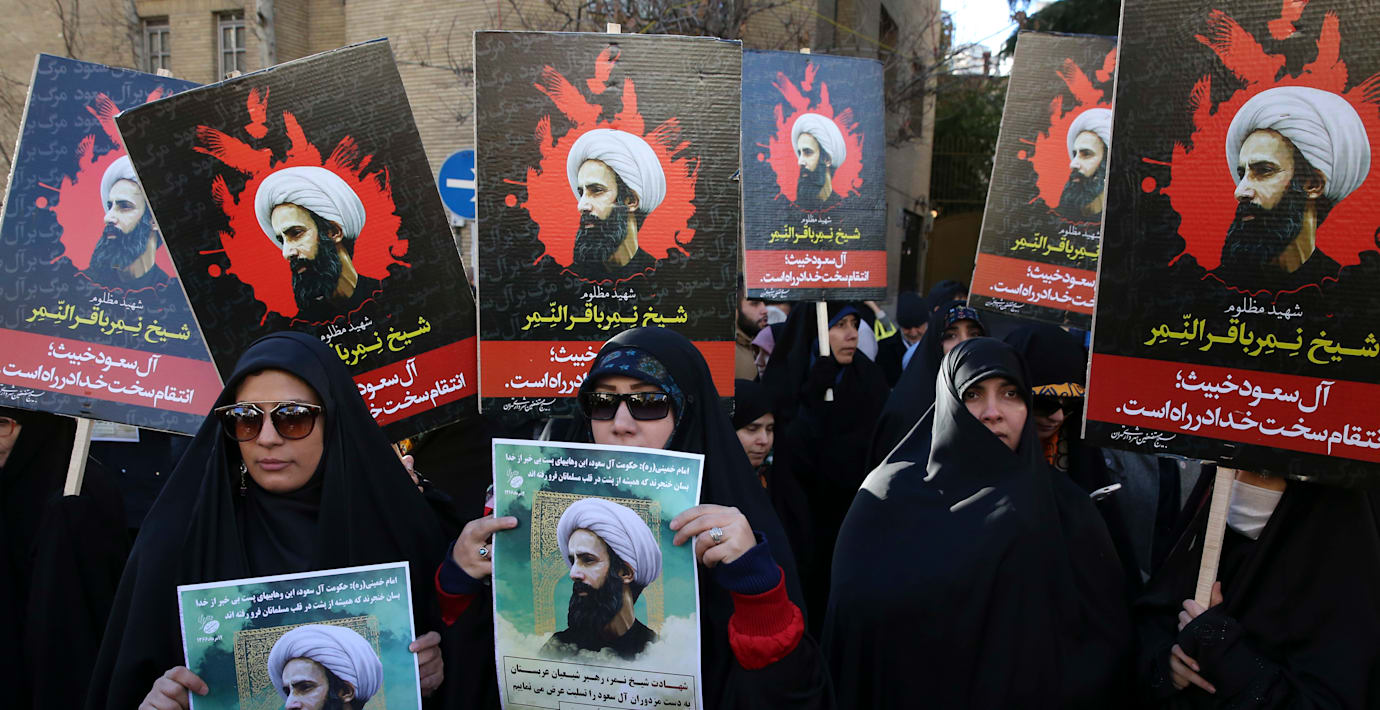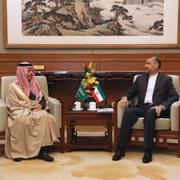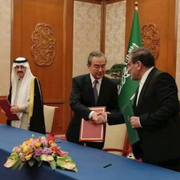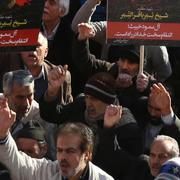
Expert: ”Kan leda till att proxykriget intensifieras”
Oroligheterna efter att Saudiarabien avrättat den shiitiske regimkritikern Nimr al-Nimr fortsätter. Högljudda protester har bland annat kommit från Iran, Irak och Libanon.
Att Irans högste religiöse ledare ayatolla Ali Khamenei utlovat ”gudomlig hämnd” kan vara ett tecken på att konkreta åtgärder kan komma, säger Irankännaren Mohammad Fazlhashemi till TT. Han menar samtidigt att reaktionerna hållit sig ”inom rimliga ramar” och att ingen av parterna är intresserade av fullskaligt krig.
– Men det här kan bli ett tillfälle där proxykriget i Jemen kan intensifieras, säger Fazlhashemi till TT.
bakgrund
Proxykrig
Wikipedia (en)
A proxy war is a conflict between two nations where neither country directly engages the other. While this can encompass a breadth of armed confrontation, its core definition hinges on two separate powers utilizing external strife to somehow attack the interests or territorial holdings of the other. This frequently involves both countries fighting their opponent's allies, or assisting their allies in fighting their opponent.
Proxy wars have been especially common since the close of World War II and the rise of the Cold War, and were a defining aspect of global conflict during the latter half of the 20th century. Much of this was motivated by fears that direct conflict between the United States and Soviet Union would result in nuclear holocaust, rendering proxy wars an ostensibly safer way of exercising hostilities. There were also more immediate reasons for the emergence of proxy war on the global stage. During its later years, the USSR often found it less expensive to arm or otherwise prop up NATO-antagonistic parties in lieu of direct engagement. In addition, the proliferation of televised media and its impact on public perception made the U.S. public especially susceptible to war-weariness and skeptical of risking American life abroad. This led to the practice of arming insurgent forces, such as the funneling of supplies to the Mujahideen during the Soviet-Afghan War.
Proxy wars can also emerge from independent conflicts escalating due to the intervention of external powers. For example, the Spanish Civil War began as a civil war between the pro-fascist revolutionary Nationalists and supporters of the Spanish Republic, called Republicans. However, it evolved into a proxy war as Nazi Germany and its allies began supporting the Nationalists, while the USSR, Mexico and various international volunteers supported the Republicans.
Omni är politiskt obundna och oberoende. Vi strävar efter att ge fler perspektiv på nyheterna. Har du frågor eller synpunkter kring vår rapportering? Kontakta redaktionen



